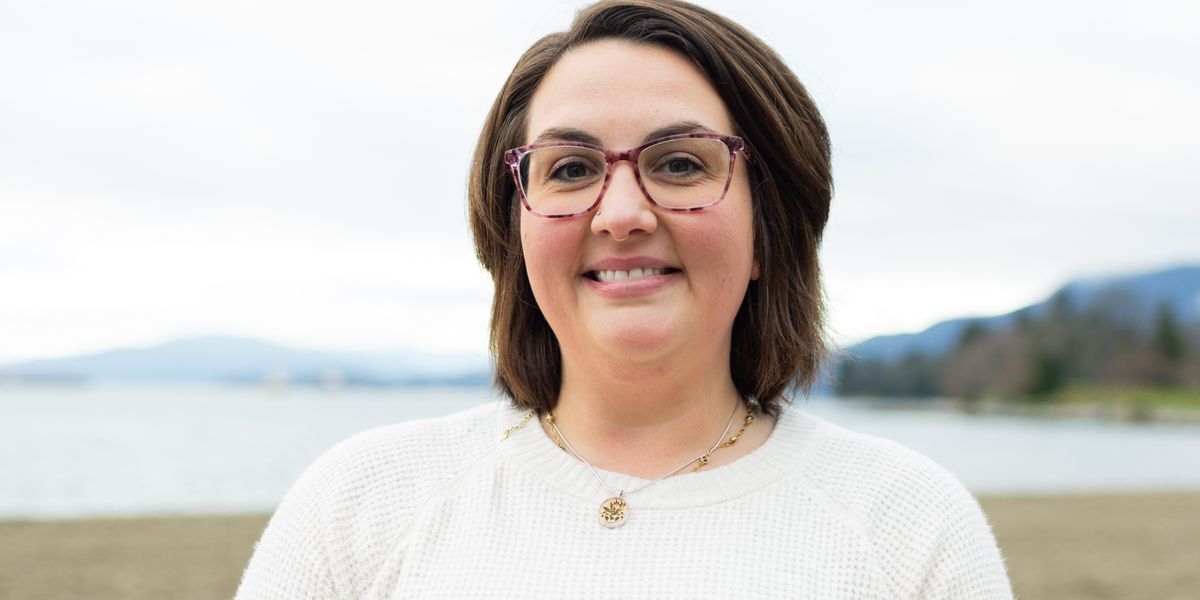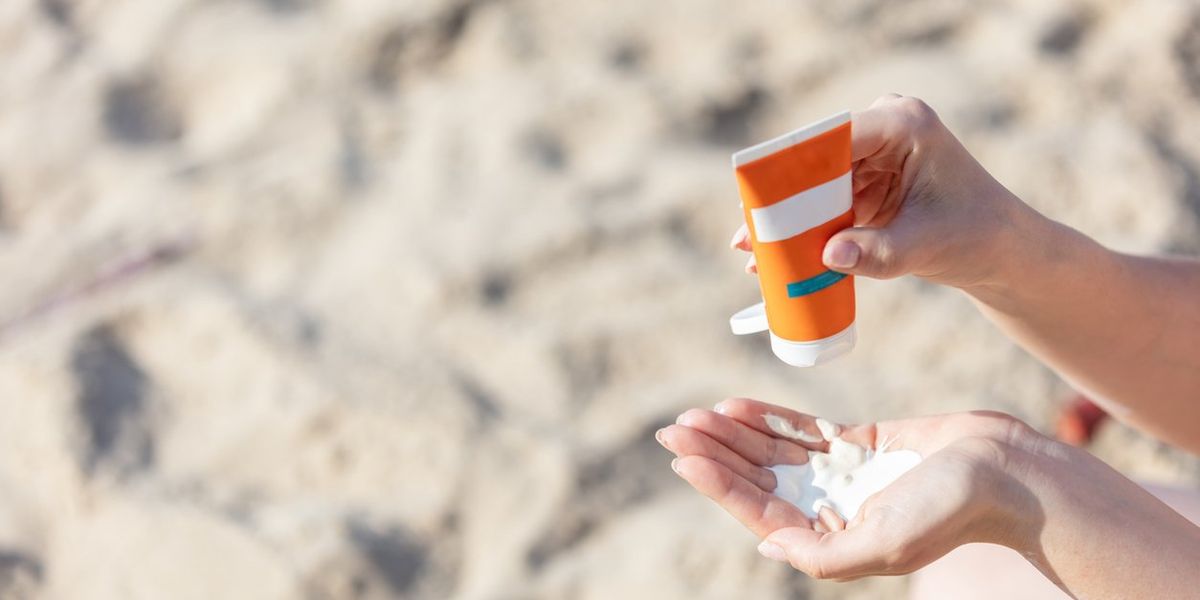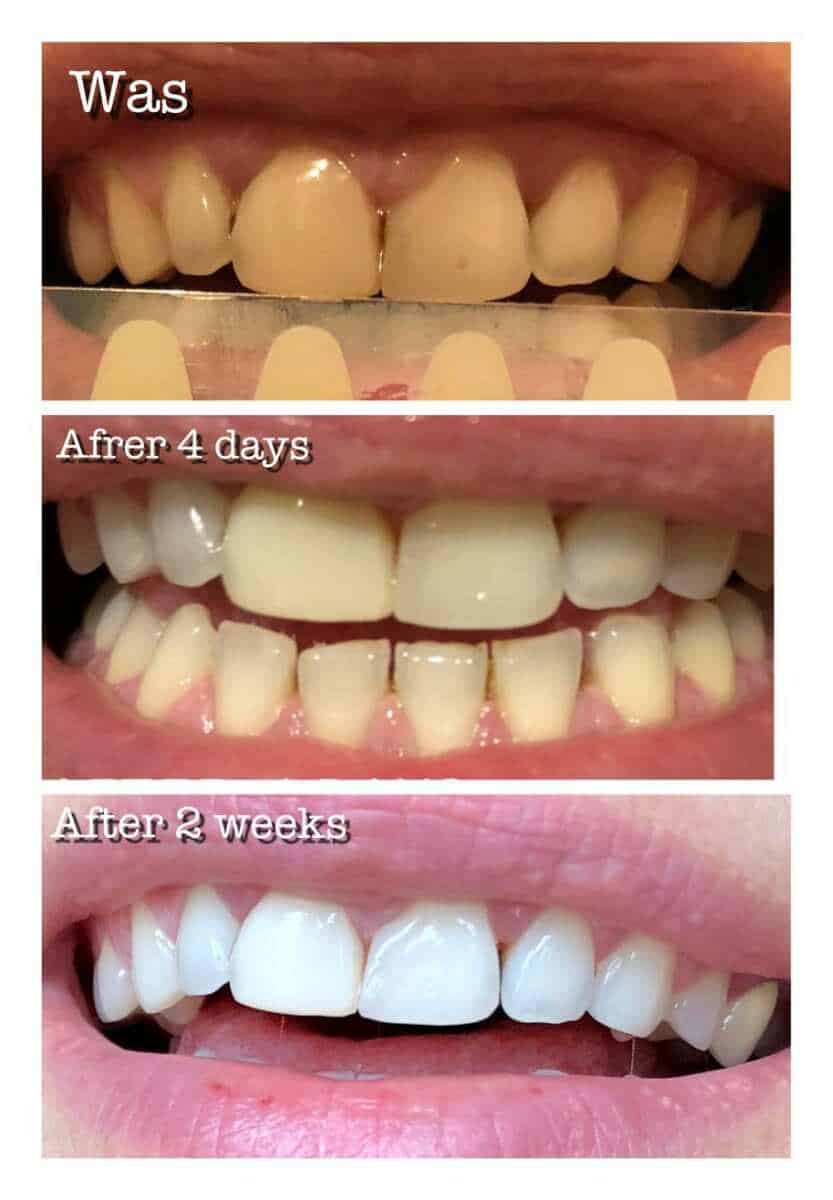Video isn’t just another healthcare marketing tool—it’s rocket fuel for engagement, trust, and conversions.
According to our recent podcast guest, Tony Gnau, Founder and Chief Storytelling Officer at T60 Health, “video can boost website conversions by 66% and email click-through rates by up to 300%,” making it a key lever for strategic growth.
In this episode, Stewart Gandolf, CEO of Healthcare Success, and Tony Gnau discuss the power of video marketing in healthcare. Together, they outline why video is essential for engagement, how to build an effective video strategy, and what factors determine whether to go DIY or opt for professional production.
Proven Starter Video Strategy from T60 Health
Answer these five questions to develop a compelling video strategy that attracts high-quality patients.
Note: The following raw, AI-generated transcript is provided as an additional resource for those who prefer not to listen to the podcast recording. It has not been edited or reviewed for accuracy.
Stewart Gandolf (Healthcare Success)
Hello everyone, welcome to our podcast today.
I'm interviewing Tony Gnau, and Tony reached out to us actually We've been following each other on LinkedIn and on social media and Tony reached out at some point and suggested Hey, I have best stuff to talk about and I said cool.
Let's talk So welcome Tony. I can introduce yourself real quick Sure, my name is Tony now.
Tony Gnau (T60 Productions)
Sure, my name is Tony now. I am the founder and chief storytelling officer at T60 Health We are the health care video specialists And I also am a professional speaker I speak at marketing conferences and you know corporate events and meetings all over the country All centered around how to do video better for your business We're in healthcare We focus on healthcare a big part of our business is You know helping private practice owners
a fire and retain their patients. We help big health systems with all sorts of video related issues. so I know you like video, so I thought we should get on and talk some video.
Stewart Gandolf (Healthcare Success)
Let's chat, let's have a fun talk. So I love this topic and I've been doing video for a long time and back in the early days when we founded the company, I got to direct a lot, which is fun, right?
Going out on site, they can still do once on, but it's hard for me to get away. have other people doing that.
But video is a blast. I learned how to edit and shoot early on. And I'm not, you as a professional, but that knowledge really helped me be a better director, right?
To be able to actually do that stuff. Particularly the editing is actually fun. really like editing. But at any rate, not doing those things that much more, that much anymore, I'm too busy running the company, but it's fun to have you.
So let's just start off by, you know, why is video so important generally and in healthcare particularly?
Tony Gnau (T60 Productions)
Well, I mean... And, you know, if you're in healthcare and you're doing any kind of digital marketing video is just the best kind of content you can create.
I mean, first of all, healthcare is very visual. You know, so it's not like, you know, we're having to do a video on an accounting firm or something where it's like, gosh, what's the video going to be?
I mean, healthcare is very visual, so that's a good thing. But really, I mean, if you're doing digital marketing in any way, it's basically just like throwing rocket fuel on whatever you're doing.
I mean, know, if you're into social media, you know, social posts that include video, you’re going to get twice as much engagement as anything else you can put on there.
If you're adding it to your websites, websites with video or like 66% more likely to convert than a website without video.
And I mean, if you're doing any sort of email campaigns, including video and your email campaigns is amazing. I mean, you know, we see increase and click through rates up to 300%. When you let people know that video is in this email. So it's like I said, it's just like throwing rocket fuel on whatever you're doing.
Stewart Gandolf (Healthcare Success)
That's awesome. That's a really good reminder to it. It's funny. were talking on a recent podcast with Brian Massey, who's the conversion scientist.
he talked about the video is important, but that title card is really important when it comes to getting it through.
So but you have to have something there. You can't just hope nobody clicks through the video. That's has to be in there.
So, know, like we, you know, as a Healthcare Success works a lot with, you know, multi-location providers, hospitals, systems and other kinds of companies.
And I know you were working with those as well as, you know, some private practice doctors. broadly speaking, you know, what are the biggest mistakes you see health care companies make when it comes to video?
Tony Gnau (T60 Productions)
I think it's just a lack of a plan, lack of a strategy. I mean, like they might include video as part of their greater strategy, like we want to do video and that's part of the strategy. But there's no like real definition or plan to doing that video because every video needs its own strategy for success.
And so I think, you know, people take just a little bit of time at the very beginning of the video project to put together a basic kind of strategy for how this video is going to help us and what our goal is and, you know, all that sort of stuff.
I mean, it's so much more likely that that video is going to be able to help their marketing overall.
Stewart Gandolf (Healthcare Success)
You know, it's so funny so classically in healthcare that so often the tactic leads to the strategy. There's no that we're going to do video.
Okay, let's go do video. Like, yeah okay? Like, how are you going to use it? How are going to leverage it?
You mentioned some of my favorite things. We love video for paid social advertising in particular. We love video for the website.
Email something that, you know, we do and we should probably do more of. But I think the strategy is really crucial and I'll just throw in my own two cents here and you can expand upon this later But one of the biggest things for us and work with clients on video, you know a lot of times especially we're doing a live shoot We're making every ounce of effort.
can do that. So like a lot of times when we do shoots We'll do you know get the footage we need for a commercial.
We'll do You know patient interviews doctor interviews B-roll testimonials, and they're also thinking how we're gonna use this like you know On YouTube on Facebook how long what should it be what snippets are we looking for?
I'm assuming you see a lot of that too. It's like to try to maximize that live shoot as much as you can.
Tony Gnau (T60 Productions)
Oh, yeah, absolutely I mean, you know, we tell our customers all the time you have us there for the day So let's utilize us in that moment the best we can you know Let's get you the most you can out of that day for that shoot or however long the shoot ends up being—two or three days, whatever it might be. So I always say, what video projects do you have on the horizon?
What are some things that you've been wanting to do that maybe you haven't gotten to yet? Because the shoot will probably take us this long.
We've got some additional time that we can play with here and get you some additional assets. let's be strategic about thinking about this and how we can maximize the video shoot.
Stewart Gandolf (Healthcare Success)
That pre-shoot planning and production process is so important to think through what exactly you're trying to walk away with.
And a little stuff like that we've seen a lot of times, if I'm looking for still, I'll get a separate photographer there because I just find we never think about it when we're If we're there shooting, it's like...
Tony Gnau (T60 Productions)
And a lot of times customers will ask us, can you shoot some stills? And the answer is yes, but we're there focused on the video.
Like, I love hearing you say that you'll hire a separate photographer because that is a much better...
Stewart Gandolf (Healthcare Success)
It just doesn’t work! We'll get all the way through the shoot and go, wait, we forgot because we're focused on video. We're there for video.
get video. It's really time flies, setups are hard, there's noise, there's different stuff that you had anticipated, the plants are all dusty, whatever.
By the way, sorry, I just got to tell you in healthcare facilities, please God, not another beige room with dust.
Tony Gnau (T60 Productions)
Well, it's because there are so many great places where you can do video shoots, but I understand a lot of times when you get into the hospital, it's like, they're there taking care of people. It's like, they might not have an exam room available for you to use for a video shoot or whatever, but man, if you can, it's a great place to shoot, you know, hospitals have all sorts of interesting looking rooms.
Stewart Gandolf (Healthcare Success)
Planning is everything. So let's talk about, we kind of already started on this discussion, but what other types of videos? We talked about some of them, but no. What are some of your favorite categories of videos to think about?
Tony Gnau (T60 Productions)
Sure. I mean, we always think of just in terms of the customer journey, just like a lot of marketers do. So we're thinking about what are different types of videos that we can do for awareness? What can we do for an interest or middle of a funnel stage?
And what can we do for conversion? I mean, right now, sort of the three that I think of for those different areas. I mean, right now, the vertical videos are absolutely going crazy. I mean, everybody wants them. Everybody's watching them. And, you know, those are great for the top of the funnel.
You know, whether it's answering FAQs or just, you know, whatever you can do to just provide value to people and make them aware that you're out there.
It's, it's, they're really fantastic videos to do. And then in the middle of the funnel, we really are a big fan of any sort of product or service videos that you can do it there, whatever you're trying to sell, whatever you're trying to offer the world in some way, doing videos on those things are great for the middle of the funnel and then for the conversion, I just don't know if there's anything any better than a testimonial, and I mean honestly, those are the ones that I probably get most excited about, because they tend to tell a real personal story in some way, and those are the most fun for us is where, you know, we really get to let our storytelling abilitiescome forward. And you know that's the fun part.
Stewart Gandolf (Healthcare Success)
You know, it's really funny. I mean, we do this for a living, and there's a couple of things you've already reminded me of that we know better. We just haven't done lately. So you mentioned email later, earlier, like, yeah, we haven't done email videos as often as we should. And then the other thing was, I just had a podcast. Interview with a former client, and he did the most fantastic testimonial, completely unsolicited, unexpected. And so I put the words on our website. But I've got the video.
Tony Gnau (T60 Productions)
Yes.
Stewart Gandolf (Healthcare Success)
I hope he's already given me permission to use it everywhere, and I just haven't thought to use the video. Duh. Oh, well, so I make mistakes, too. What can I tell you so? You know healthcare marketers already have a full plate. I sure know I do. You know, like how detailed is the strategy have to be like when you're thinking about this stuff
Tony Gnau (T60 Productions)
Well, I mean, 1st of all, any strategy is better than no strategy. So if you know, all you can manage is, you know, a paragraph of this is what we're trying to do. I usually tell people, you know, when they're starting a video project. Really, all they have to do is answer 5 questions, you know. Start with, who's our audience? Then you move on to what's our goal? How are we going to measure success? What's our story? And how are we going to promote the video? And if you can answer those 5 questions, that's a starter video strategy right there. And I mean, you're certainly welcome to expand on that in any way you want. But if all you do is answer those 5 questions you're already like ahead of the game. That is more than what most people do when they start the video production process. So that's a great start.
Stewart Gandolf (Healthcare Success)
I love that. We'll make sure to put that in the notes too. Because that is certainly important.
again, like I said, I can't stress the importance of pre-planning when our agency does video shoots for any kind.
It's like to really think through all those details. And not just like, you know, can we shoot and we're going to shoot in the park?
Do we need to permit. That's maybe little bit more advanced. But somebody need to think about like, what is it we're going to do?
Start there. Like, what are trying to do that with? let's make sure we have that.
Tony Gnau (T60 Productions)
You know, I think the funny thing is that so many like video projects get started with like somebody raising their hand in a meeting and saying, let's do a video.
And like, everybody just gets all excited about it. And maybe somebody has like a really good creative idea for a video, but a creative idea is not a strategy, you know, we need the strategy first, then move on to the creative idea.
Stewart Gandolf (Healthcare Success)
That makes all the sense. So the, um, anything else on the strategy side that people should be aware of, like we mentioned the five strategies, but beyond that, let me change the topic a little bit, the, um, the professional video production, like the cost is always an issue, right?
And oh my gosh, there's always somebody cheaper, no matter what you do, right? Free, free, They'll pay me to do your video. Okay. like what, what are the costs? should people, and I'd love to hear some ranges and some different options for people.
Tony Gnau (T60 Productions)
I mean, it really runs the gambit. I mean, you could certainly, you know, find video production for, you know, $1,000, $3,000, you know, the thing that I will say, and then it'll, you know, go all the way up to $50,000 if you want.
I mean, you know, it's, it really goes up a lot than that, but, but the thing is, is that, you know, it's interesting and, and like, as far as like where we fall in, I think we're very like middle of the road when it comes to cost.
And what I tell people all the time is when it comes to video, you really do kind of get what you pay for, you know, it's, you can find you, like you just said, you can always find somebody that'll do it for less.
You can always find that. But you really do kind of get what you pay for. So it's like, if you pay $3,000 for a video, is, you know, a seven or $8,000 video going to be that much better than a $3,000 video?
Yeah, it will. It really will. And you know, as you start going up the ladder there, there's so many different things that factor into it, the size of a team, the equipment that's being used, and the bigger that budget is, the more that's you get.
And all of that translates typically. To a better video.
Stewart Gandolf (Healthcare Success)
Yeah, for sure. And you know when we get into, you know, depending on the institution, it can be way into six figures, right?
For not depending on the project. So, but most of our clients are looking for something, you know, more in the Lesser expensive range than six figures, and you can do a lot, you know, it just depends on the situation, what you need for equipment and, you know, like, so often, you know, I can do a shoot with a good shooter.
You know, with somebody in our team direct thing and maybe somebody doing a PA and sound and lighting the whole thing and like, you know, kind of a gorilla team.
And then, otherwise, sometimes it's more complicated since they're doing multiple shoots at the same time, know, all that just factors into the cost, but those are things that you can sort through.
It does take some money, though, and sometimes, at least our agency time, you know, we'll do live shoots, we can do, you know, like sometimes we'll supplement live shoot footage with, you know, stock footage.
We supplement with like and they do do the gorilla stuff internally with your iPhone fine You know, that could be your organic social, but we're gonna do this over here We need to get that shot professionally.
So it is again having the right strategy and investing where it makes sense and doing it Right because it is a difference in the world for sure And so like, you know, I mentioned about the DIY stuff.
What is you know, like help me sort that through like what is it okay? DIY and what is should I hire pros and how do I convince my boss and all those kinds of things?
Tony Gnau (T60 Productions)
Yeah, absolutely. I mean, you know, in terms of what to DIY and what not to DIY I mean those top of the funnel videos those awareness videos those vertical videos and things I don't have any problem with people doing DIY videos for those I mean, I think those are great, you know, because they're short.
They don't require a lot of You know post-production work you can you be pretty lean and mean with those and And I think it's totally fine to do those yourself in most cases. Where I say you should be thinking about hiring a video production company is for the videos that are a bit more high leverage, you know, any video that's going to potentially help you convert somebody into a customer or patient.
Like those are the videos that you want to spend a little more on to get some professional help on because those are the ones that going to put people over the top and turn them into customers or patients.
So it's like the DIY, the ones that are just making people aware of you. And as you get closer to that conversion, that's when we start want to start spending on a video production company.
Stewart Gandolf (Healthcare Success)
That totally makes sense. You know, I'll maybe expand upon that. So some things just happen right away, spur the moment you need to take advantage of it, know, right?
So it's like, it's going to be gone forever. You know, you didn't plan on a shoot, you're at a health air, somebody said something amazing about you-get it.
They're there. There's no man. Um, excuse me. Another thing that, you know, like, one of the things. We talk about a lot, Tony, as art with our agency.
You know, there's a big, big difference between paid social and organic social. So organic social is fun. Everybody likes it.
know, we've got, we're posting every other day. We're doing a health fair, we're in an event, you know, somebody brought their puppies in to give away, to spend time with the other patients.
That's all great. That's not going to make you any money. So organic is great and we think you should do it.
And it's also really good. What does organic do? It helps you, you know, kind of build a sort of organic brand feel, definitely appeals to potential employees considering culture, you know, it's a feel good thing.
But it's not going to drain all occupations. That's the thing. It's like a billion patients. Organic, the problem is the algorithms are set up that, even if, first of all, getting 1,000 followers is really hard.
And when you do, you know, nobody's going to see your video anyway. those are people that know you. So those kind of things, I think, organic.
social media would make sense for organic kinds of video. You know, it's like put out lots of stuff, it's easy, it doesn't require a lot of playing.
But if you're doing paid social and you're trying to convert to you, because paid social on the other hand costs money, but then you can reach tens of thousands, of hundreds of thousands of people, very cost effectively.
That's where it starts making more sense to think about professional video, or the part of your larger brand, or assets you'll keep on your website for a long time, like the doctor interviews, or the patient testimonials, or all that stuff.
So I totally agree. So if it's really sort of organic completing, then certainly, it may not be practical to have a professional shooter in an event that cost you with some free-event, and to have a professional shooter be your big cost, it makes sense.
But if you're, on the other hand, if you're doing a CME seminar, you wanna have this kept around in perpetuity, then you probably wanna share, because it's a big, big, big, big, big difference.
Have you? This is not something they talked about beforehand, do you ever do live streaming? that something that you see much of or is that, you know, the future? What do you think?
Tony Gnau (T60 Productions)
Right. We don't do a lot of that sort of thing.
We've done a little bit of it, but, you know, I mean, when you do anything live, I think it kind of takes things up a notch for people, because it's like we, when we're putting together any kind of a video, the thing that we're most often, you know, striving for is authenticity.
And so when you have a live video, boy, it's going to be authentic. You know, this is as authentic as it gets. So I think that's why live video tends to really catch people's attention. And you know that this is going to be authentic and genuine, because it's happening right now and we're not going to have time to polish it and make it look all fancy and good and everything. And I think there's an appeal to that.
Stewart Gandolf (Healthcare Success)
The patient decides they want to take this opportunity. tell you all the things you're doing wrong. It's live, baby.
Let's talk about like, you know, I mentioned earlier, I think we both kind of hinted around this, but you know, making a shoot successful.
Like, what do you think are some of the critical success factors to help ensure that you've got a successful shoot and you get what you get?
Tony Gnau (T60 Productions)
You know, first and foremost, make sure everybody who's involved with the shoot knows when the shoot is happening, where the shoot is going to take place, how long it's going to be, all of the logistical stuff.
more you can communicate with everybody, the smoother it's all going to go. I cannot tell you how many times we have shown up to a location and they're like, what video shoot?
What are you talking about? Like, that happens more frequently than I would like. So it's like, you know, make sure that everybody knows everybody's on the same page in terms of all the logistics of that.
And then it's, you know, it's all sorts of stuff in terms of, you know, let's make sure the facility looks Nice that it's clean. Make sure that the environment you're going to do interviews in. you're doing that, make sure that there's no echo in the room.
Make sure that it's a nice, quiet place. You know, just all of that kind of stuff, you know, make sure that the people who are going to be in the videos are properly prepared.
You know, they know what they're going to have to talk about. I'm not big on, you know, giving them scripts to memorize or anything like that.
But, you know, there should be an understanding of what they're going to have to discuss that day in that interview so that they're not caught off guard by anything.
So it's all just stuff like that.
Stewart Gandolf (Healthcare Success)
Yeah, it's funny. I'll just give you some stories that I had for fun before you wrap up here. You know, we talked about some of the other things we're thinking about is number one, getting releases and having releases available, both from the HIPAA standpoint as well as from a rights standpoint. So that's really critical. You mentioned getting the people to the staff knowing what to expect. know, if we're flying in, sometimes we'll do a
a quick FaceTime tour to get an idea of what we're walking into before we get there. Sometimes we'll like a lot of times we'll fly out of the night before and scout so we know what we're shooting out before we end up live there.
Sometimes we shoot after hours. I would add corralling. If you're working with doctors, you need plan A, B, C, making it easy on them to participate because you're just going to be wasting a lot of time sitting around waiting for people who don't plan that right.
I think people do, by the way, like their doctor, annual doctor meeting doing it then because then they're captive.
So you really think through all those little things because it really matters and I mentioned like releases. be disaster to go all the way out there and then you get people that you interviewed and you to get a release during where they are.
Guess what? can't use it. If it's a HIPAA, you can't use it. It's just worthless. So those little things matter.
So you want to make sure you have production and be ready once you're there for stuff that comes up. Like I had, I remember watching where she was this beautiful commercial. The model is beautiful, then Palm Springs, the sun's going down, and all of a sudden, some guy is like blowing leaves. It doesn't want to quit. So in this case, I was lucky. our production manager that particular time was, I'll just put it this way.
She was really able to persuade this guy to leave and I couldn't have done it. It's like, that's real.
They just sort of ignored me. I don't care. There's blowing. So it's like, and having that flexibility, I shot, you know, once we shot this facility, the only place they had that was any good for shooting was the lobby and right next door to a school.
So we had to literally shoot with depth of field and when the recess was over, so we didn't hear all the kids in the background.
you know, so you have to be flexible. And sometimes the best stuff comes like that. You know, I just give another one of my favorites here is, you know, a lot of times I did.
Why? I don't know. But I'll tell the interviewer, oh, the camera's going just first. writing, don't anymore, just tell me what you're going to say.
And so they'll give their testimony or whatever it is without feeling like they're not practicing, they're not on. And look at with some really great story.
And then when they tell him, okay, we're rolling now, it's like.
Tony Gnau (T60 Productions)
My favorite story on flexibility, Stewart, that I've ever had is we were interviewing a health care CEO at his house.
He didn't have time during the day, so we went to his house at like seven o'clock at night. And you know, he said, oh, we can do the interview wherever you want.
So we start looking around the house, beautiful house, but it was like all hard surfaces. And even the floor was like a hard tile, like every room had this terrible echo in it.
And we're like, what are we going to do? And we start looking around, we're like, let's go out in the backyard. Maybe there's like something we can do back there. There's like a road in the backyard and there's cars going by.
And so I start looking around, we finally found this one spot. And I remember going to him. And I said, you're gonna think we're absolutely
completely crazy, but we found the right spot for your interview and I take him out to the front and I sit him down in front of a privacy wall with his garbage cans right behind it. And I said, when you start showing this video to your friends, let them watch the video and then tell them afterwards where we shot this where we shot your interview and you now have a great behind the scenes story about this production.
So yeah, a garbage can privacy wall or retaining wall you know was the backdrop, but it was beautiful like beautiful stone really cool texture we lit it really well and it looked awesome.
Stewart Gandolf (Healthcare Success)
That's the thing it's like having that kind of knowledge of how to light, how to find the right spot, thinking about sound outdoors is always hard, worth it often.
I shoot outdoors a lot when we do this sort of stuff.
up and I'm sure you do too but the there's just a lot to consider that's one of pro makes all the difference in the world and it's I can tell from talking to me I love this stuff I wish I had to do it personally more often again I know it was the shooter but the you know directing this stuff is fun and we it's just a really fun thing any last comments I'd love to actually last one comment because I alluded to this earlier but any tips on editing because I think editing is so much of it any specific tips there that you think is so important
Tony Gnau (T60 Productions)
just try to keep it tight you know try to keep it tight I think everybody gets into the edit bay and you know they have all this great material and they want to use it all you know and you can't you just can't and so it's like you want to try to keep it as tight as possible and if something can be cut it's cut you know like there have to be a little shorter.
Stewart Gandolf (Healthcare Success)
I'll give you my favorite stories we wrap up one of my favorites. So I took a, I've learned all this stuff by doing it. So I took a screenwriting class years ago, a couple of them.
I went to, um, the, I was invited to go to the, um, I guess the writers, they had like this sort of next level writer thing.
So they invited me to that. And I remember for Joe, my right instructor was like, okay, here's your script.
He's like, start here out there, like, you know, cut and basically cut two thirds of it. You don't need all of that stuff.
All out of their exposition. And it's all, it's like that in editing. It's like curating is the game, right?
choosing. Hey, Tony, I'll be sure to put your notes in the, um, on the podcast post, but how do people reach out to you?
Tony Gnau (T60 Productions)
Uh, they can go to helpcarevideospecialists.com. That's where you'll find us and, uh, you know, get in touch.
Stewart Gandolf (Healthcare Success)
And if you're looking for a larger shoot where you want an agency to help you, we want to certainly, I can happy to partner with Tony on this stuff.
you guys know how to reach out to us. So Tony, It was a lot of fun and we'll hopefully we'll talk again soon on a project.
Tony Gnau (T60 Productions)
Yes, absolutely. thank you very much for having me on.



















 English (US) ·
English (US) ·